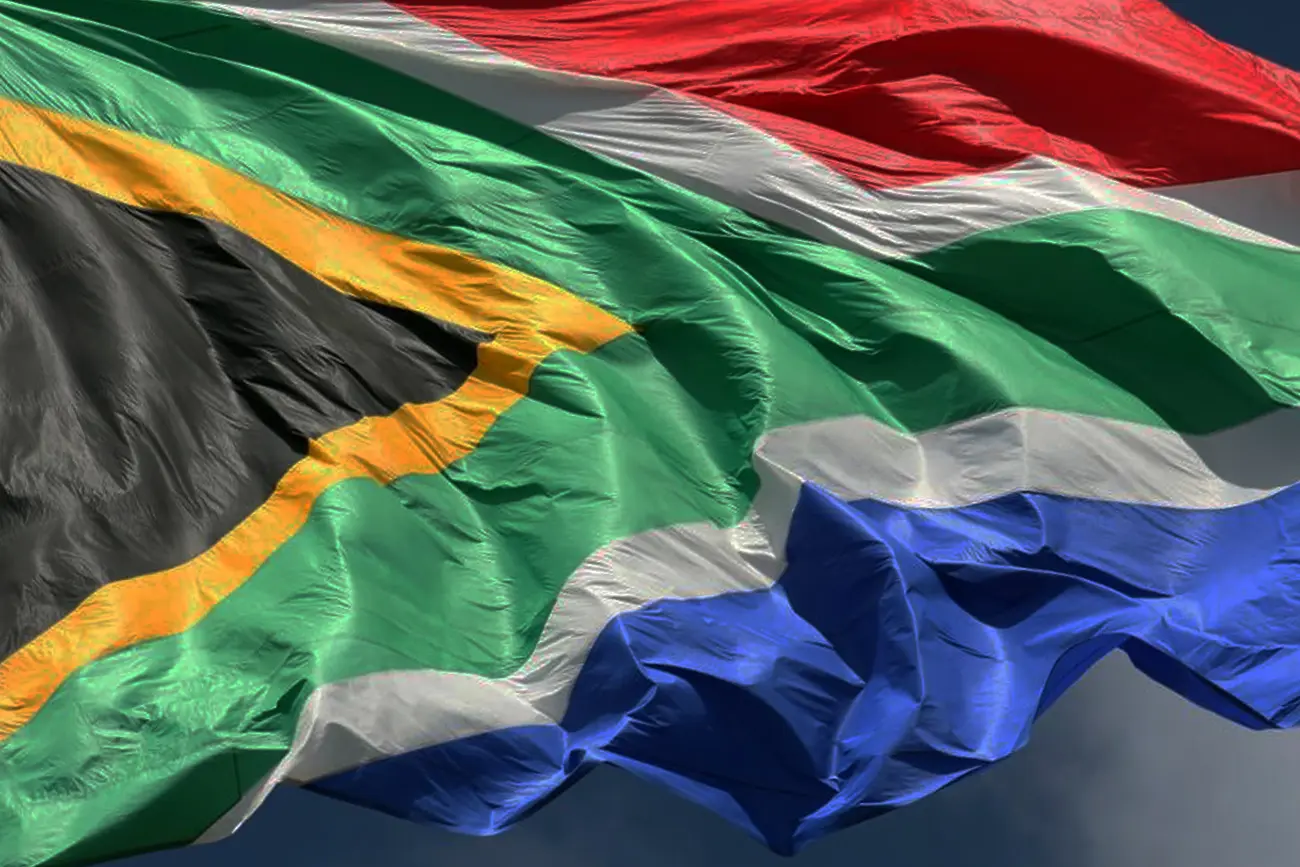
The Business Day
By Nicole Fritz
THE Oscar-nominated film, Zero Dark Thirty, depicting the Central Intelligence Agency’s (CIA’s) hunt for Osama bin Laden, has generated fierce controversy for suggesting that key intelligence used in locating him was obtained through the use of torture. It portrays another critical piece of intelligence being passed by Morocco, part of the international community’s attempts to assist the US after the September 11 2001 tragedies.
A new report by the Open Society Justice Initiative — Globalising Torture: CIA Secret Detention and Extraordinary Rendition — shows just how much of that global assistance was aimed directly at facilitating torture, shoring up the US in its use of extralegal means to fight terrorism. More than 25% of all states are named in the report as providing support to secret detention and rendition programmes “designed to place detainee interrogations beyond the reach of law”. It sketches a concerted effort by states to keep these detainees off the legal map. SA is among the states named.
The most sinister case involves that of detainee Saud Memon, a Pakistani implicated in the killing of Wall Street Journal journalist Daniel Pearl. Memon is said to have been extraordinarily rendered from SA to the CIA in 2003. He was held in Guantanamo for two years before being surrendered to Pakistan. Without ever having been charged or stood trial, he was eventually released in ill health to his family in 2007 and died shortly afterwards. As the report documents: “In light of the secrecy associated with the abduction and the lack of any record in SA of his deportation and extradition, it appears that SA gave US intelligence ‘carte blanche’ to pursue his abduction and rendition from SA.”
A later case, also involving a Pakistani, Khalid Rashid, rendered by SA to Pakistan, came to light only because of the persistence of people willing to act on his behalf before SA’s courts.
Yet, if SA has associated itself with the excesses of the fight against terrorism and conducted itself in dark shadows, it has also sought to carefully map its own response to terrorism within a legal landscape. Those efforts were most recently seen in the case against Henry Okah, a Nigerian citizen and South African permanent resident who was charged with 13 counts of contravening the Protection of Constitutional Democracy against Terrorism and Related Activities Act. Most counts related to a series of car bombings in Nigeria in 2010. As the judge in the case explained, the creation of the act was forced by SA’s membership of the United Nations (UN), the various treaties adopted to prevent and punish terrorism, and the UN Security Council resolution passed in the immediate aftermath of September 11.
In keeping with a South African legislative and judicial view that there should be no legal black holes, and confident of SA’s entitlement and obligation to project legal capacity, the act gives SA’s courts extraterritorial power. Increasingly, SA’s laws — such as the Regulation of Foreign Military Assistance Act and the Implementation of the International Criminal Court Act — radiate beyond its borders. In Okah’s case, the court need not have resorted to extraterritorial authority — the planning of the bombings happened in SA and threats were directed at South African nationals. But the breadth of the act’s reach underlines an aim to ensure that SA’s response to terrorism is exhausted by legal means.
The act also seeks to separate the illegality of terrorism from the legitimacy of liberation struggle, exempting from the act action taken to further a “legitimate right to national liberation, self-determination and independence against colonialism, or occupation or aggression or domination by alien or foreign forces”. The exemption is likely to largely have only historical force — made clear by the judge in Okah’s case dismissing the proposition that Okah’s Movement for the Emancipation of the Niger Delta, directed at securing a greater share in that region’s oil returns for the region’s inhabitants, might fall within the exemption category.
The fact that SA’s legislature has sought assiduously to keep SA’s response to terrorism, even beyond its borders, within a legal framework makes it all the more inexplicable that SA’s executive, under cover of secrecy, allowed SA’s territory to be used as staging ground for extralegal means.
And it makes it necessary that the executive disclose the extent of its involvement in rendition efforts.
- Fritz is the director of the Southern Africa Litigation Centre.
http://www.bdlive.co.za/opinion/2013/02/27/sa-must-come-clean-on-extralegal-renditions



